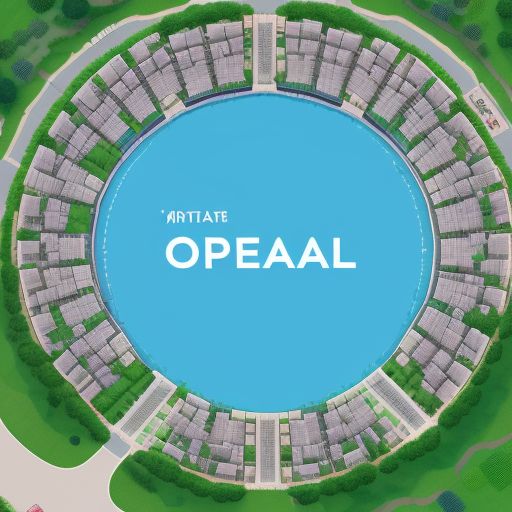
The NFT marketplace business is booming, offering entrepreneurs an opportunity to tap into the lucrative world of digital assets. Whether you’re an artist, developer, or visionary entrepreneur, understanding the costs and requirements of creating an NFT marketplace is essential. This article delves into every aspect you need to consider, helping you turn your idea into a thriving platform.
What is an NFT Marketplace?
Before diving into the logistics, let’s understand the basics. An NFT marketplace is a digital platform where users can create, buy, sell, and trade non-fungible tokens (NFTs). These tokens represent ownership of unique digital assets, such as art, music, videos, or even virtual real estate. Platforms like OpenSea and Rarible have paved the way, showcasing how profitable this venture can be.
Why Start an NFT Marketplace Business?
The NFT space is not just a trend; it’s a revolution. Here’s why creating an NFT marketplace can be an excellent business opportunity:
Starting your own NFT marketplace business could position you as a leader in this emerging field.
Key Requirements for Building an NFT Marketplace
1. Blockchain Technology
The foundation of your NFT marketplace is blockchain. Popular choices include:
Choose a blockchain that aligns with your target audience and business goals.
2. Smart Contract Development
Smart contracts automate the buying, selling, and minting of NFTs. They ensure secure transactions and eliminate the need for intermediaries. Hiring experienced developers to write robust and error-free smart contracts is a crucial step.
A seamless user experience encourages trust and repeat visits.
4. Legal Compliance
The NFT industry is relatively new and lacks universal regulations. However, adhering to local and international laws is vital. Consult legal experts to ensure your platform complies with:
Ignoring compliance can lead to hefty fines and legal battles.
Costs of Creating an NFT Marketplace
Development Costs
The bulk of your expenses will go toward development. Factors influencing costs include:
On average, development costs can range from $50,000 to $200,000, depending on complexity.
Maintenance and Updates
Once your platform is live, ongoing maintenance is essential to fix bugs, update features, and ensure scalability. Budget approximately 15% to 25% of your initial development costs annually for maintenance.
Marketing Costs
To attract users, allocate funds for marketing efforts, such as:
Marketing costs can vary but typically account for 10% to 20% of your overall budget.
Creating an NFT marketplace is not just a financial venture—it’s a chance to make a lasting impact. By providing a platform for artists, gamers, and creators, you contribute to a more inclusive and innovative economy. Imagine the satisfaction of enabling someone to showcase their talent to a global audience or helping collectors find a one-of-a-kind digital treasure.
Conclusion
Entering the NFT marketplace business requires careful planning and investment. By understanding the costs and requirements of creating an NFT marketplace, you can set realistic goals and develop a platform that stands out. With the right strategy, your NFT marketplace can become a hub for innovation, creativity, and financial growth.
Start your journey today, and become a part of this exciting digital revolution!